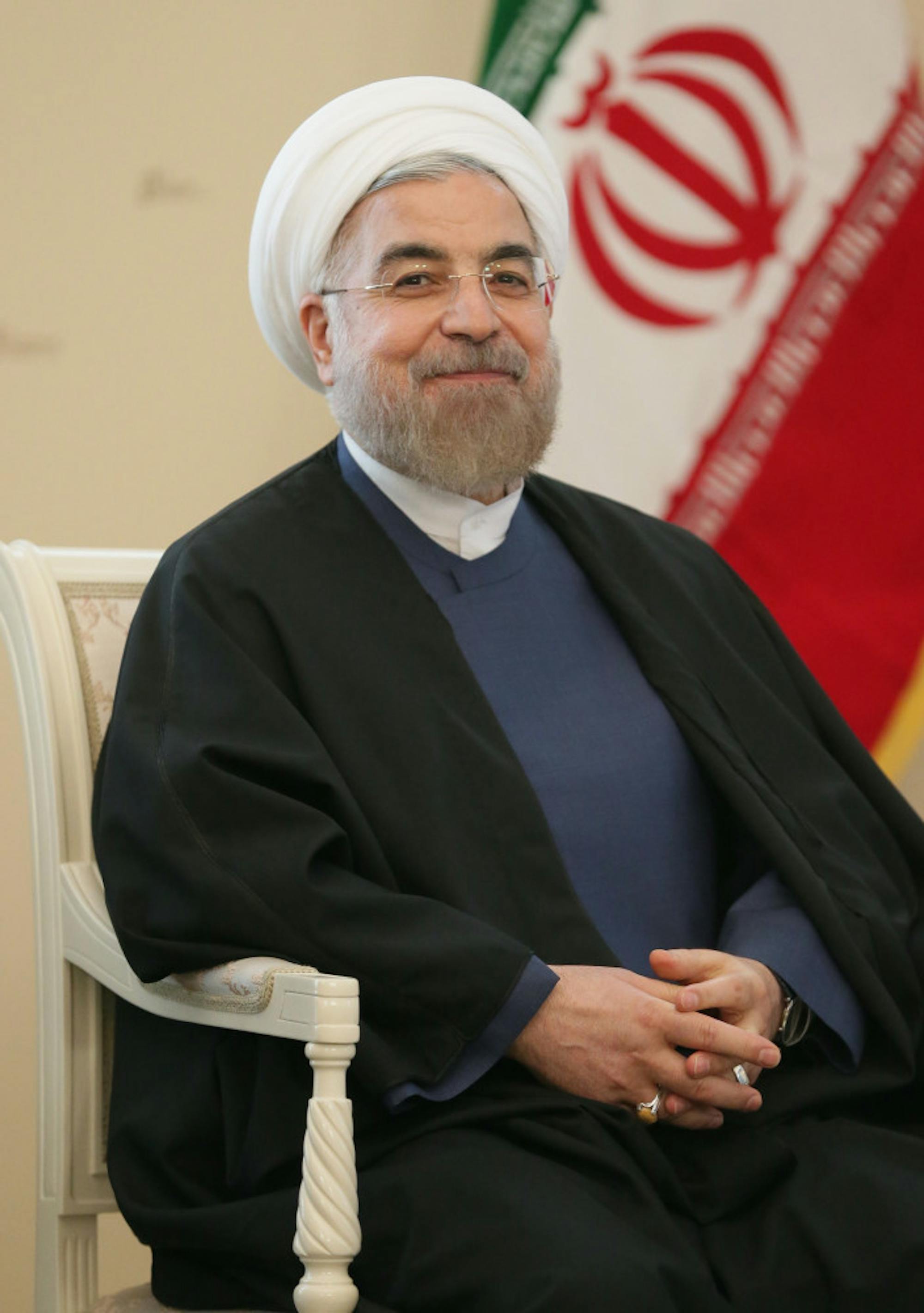As the Obama Administration misses yet another soft deadline in its negotiations over Iran’s nuclear program, a number of contrarian voices emerge at the forefront of debate.
Back in 2008, then-presidential candidate John McCainquipped, “Have you heard that old Beach Boys song? Bomb bomb bomb, bomb bomb Iran.”
More recently, American Enterprise Institute scholar John Bolton, former American ambassador to the United Nations, argued for the use of force to halt Iran’s nuclear ambitions and agenda in a New York Times op-ed.
It is reasonable to balk at the use of force, especially in such a volatile part of the world. But in considering this conundrum, I cannot help but recall Robert Heinlein’s observation in "Starship Troopers" (1959) that “naked force has settled more issues in history than has any other factor.”
Whether or not force is the right option, negotiations with Iran are not working. Sanctions against the Islamic Republic, however, are economically sound. The Iranian government hemorrhages money as it falls quite short of breaking even on oil production and exports.
Experts across the political spectrum have pointed to President Hassan Rouhani’s softened stances on various issues, coupled with his tweets of holiday greetings to Jews on Rosh Hashanah (from an unverified twitter account), in a desperate attempt to justify negotiations.
I find it hard to believe President Rouhani as the Ayatollah leads raucous chants of “Death to America” at massive rallies and Iranian weapons, money and support flow to Yemen, Lebanon and Gaza. One diplomat was right in remarking; “With Rouhani, all we really get is a turban and a smile.”
Negotiating with Iran also lacks sound strategic payoffs. The Obama style of negotiating, employing flexible deadlines and receding red lines, cements America’s loss of escalation dominance in confronting a rising regional hegemon. The Obama Administration’s inaction in Syria and Yemen certainly does not help the case for American credibility.
Say the Obama Administration succeeds in reaching a deal with the Iranian Regime. Now imagine potential consequences of a successful negotiated deal with Iran. The current form of the elusive agreement, for instance, would allow for Iran to keep approximately two-thirds of their centrifuges spinning.
President Obama’s precedent would not deter nuclear proliferation. Rather, an accommodationist American approach would encourage it. It would make sense for the Saudi Arabian monarchy to seek nuclear capabilities to balance those of its rival, Iran. Besides, how could one convincingly persuade Turkish Prime Minister Recep Tayyip Erdogan, who fashions himself a new Sultan, not to pursue even a weakened capability afforded to multiple neighbors?
President Obama is a smart man, but even he cannot master the rhetorical gymnastics required to get America -- and the greater Middle East -- out of that nasty bind.
At the end of the day, hard as it may be for us to swallow, the use of force has a history of deterring the Iranian Regime. In 1988, for instance, the USS Vincennes shot down an Iranian airliner, killing 300. Not more than a month later, the Iranian Government accepted a conciliatory cease-fire and the Iran-Iraq War came to an end. Morally reprehensible as this act may be in isolation, it served as an effective means to a telling strategic end.
Yet again the Iranian Regime yielded in the face of American force as troops rolled into Iraq in 2003. Say what you will about Operation Iraqi Freedom and the Bush Administration’s mistakes: In response to American force exertion, Iran temporarily shut down their nuclear program.
In the era of political correctness and ubiquitous taboos, the belief that might makes right is controversial. Perhaps it is time to stop stigmatizing force, in the pragmatic spirit of "Starship Troopers."
Whatever each of us chooses to believe about pre-emptive strikes on Iran, it is time to be honest, to admit that negotiations are not getting the job done. Whether or not it is too soon to bomb Iranian centrifuges, it is time to take negotiations off the table and put the ball in the Supreme Leader’s court. How Iran responds will be reveal a lot about the Regime’s intentions.
A new Iran strategy

Iranian president Hassan Rouhani at a bilateral meeting with President of Russia Vladimir Putin at the 4th Caspian Summit in Astrakhan, Russia, September 29, 2014. Photo by Mikhail Metzel/Itar-Tass/ABACAPRESS.COM





